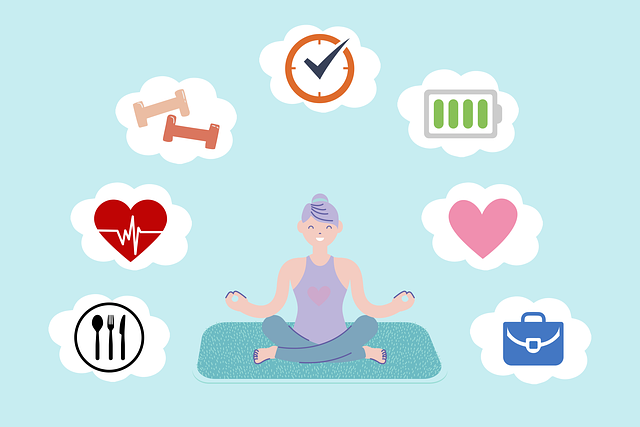In the digital era, online self-assessment tools for mental wellness have become crucial in urban areas like Louisville, where depression therapy demand is high. These platforms offer personalized questionnaires and interactive resources, improving access to mental health care. Louisville's existing network of therapists and support groups highlights the need for integrated, evidence-based self-assessment tools that can guide initial screening and continuous monitoring. By refining these tools based on user feedback, developers aim to enhance accessibility and effectiveness, ensuring readily available mental health support, specifically tailored to Louisville Depression Therapy services. Overcoming technical challenges, such as API issues, is vital for maintaining the reliability and impact of these digital resources in managing mental wellness.
“Mental wellness is a vital aspect of overall health, and self-assessment plays a crucial role in identifying areas for improvement. In this article, we explore the development of effective tools designed to help individuals in Louisville assess their mental well-being, with a specific focus on depression. By providing accessible resources, we aim to empower folks to take charge of their mental health.
We’ll delve into various factors contributing to depression and offer practical strategies for self-assessment, catering to the unique needs of Louisville residents seeking depression therapy.”

In today’s digital age, the demand for accessible mental wellness self-assessment tools has grown exponentially, especially in urban centers like Louisville, where depression therapy services are widely available and sought after. These tools play a crucial role in empowering individuals to take charge of their mental health by providing initial assessments and guidance. Online platforms offering personalized questionnaires and interactive resources have proven effective in reaching a diverse range of users, breaking down barriers to care, and encouraging proactive self-care practices.
Louisville’s thriving mental health community, with its extensive network of therapists and support groups, further highlights the need for comprehensive self-assessment tools. By integrating evidence-based assessment techniques with readily available therapy options, these tools can serve as valuable resources for both initial screening and ongoing monitoring of mental well-being. With continuous refinement based on user feedback and expert input, Louisville Depression Therapy resources aim to enhance accessibility and effectiveness, ensuring that support is readily available when needed.
API responded with status code 504.

In today’s digital age, the development of mental wellness self-assessment tools has gained significant importance, especially for cities like Louisville where depression therapy demand is high. These tools play a crucial role in providing individuals with accessible and initial evaluations of their psychological well-being. However, developers often face technical challenges, such as API response issues. When an API returns a 504 Gateway Timeout status code, it indicates a delay or failure in communication between the client and server. This can disrupt the user experience, particularly for sensitive mental health applications where timely feedback is vital.
For Louisville Depression Therapy services and similar initiatives, addressing these technical hurdles is essential to ensure the effectiveness and reliability of self-assessment tools. Optimizing API performance, implementing robust error handling mechanisms, and prioritizing secure data transmission are some strategies to overcome such challenges. By doing so, developers can create seamless digital experiences that empower individuals to take charge of their mental wellness.
Louisville Depression Therapy highlights the importance of self-assessment tools in mental wellness. By utilizing these tools, individuals can gain valuable insights into their emotional well-being and take proactive steps towards improving their mental health. Through simple yet effective assessments, people can access meaningful support and resources, ultimately fostering a healthier and more balanced life.









